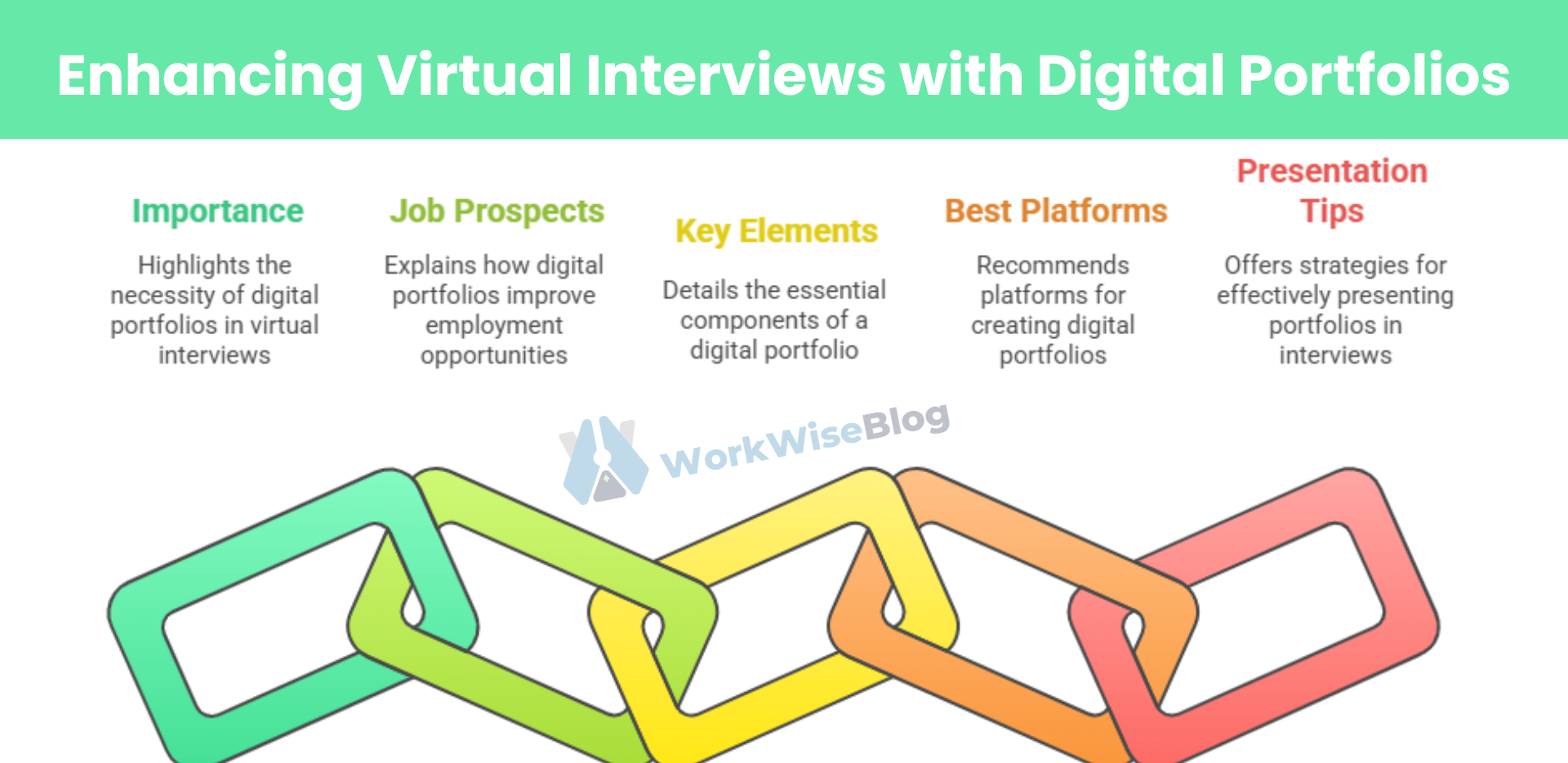
Truth #1: You’re Great at Your Current Role… Too Great
Why Companies Promote (or Don’t)
Employers don’t promote people just because they’re good at their jobs. They promote those who demonstrate readiness for the next level. If you’re too effective in your current role, managers may fear disrupting a well-oiled machine.
Real-World Example:
Sarah, a top-performing sales associate, kept getting passed over for team lead roles. Her manager admitted, “You’re our best closer—we can’t afford to lose you on the front lines.”
How to Fix It:
- Showcase leadership skillsbefore a promotion opens:
- Mentor junior colleagues.
- Volunteer to lead a cross-departmental project.
- Have an honest talk with your manager:
“I’d love to grow into a leadership role. How can I start taking on responsibilities that align with that goal?”

Download our free Promotion Readiness Checklist to assess your leadership readiness.
Truth #2: You’re Invisible to Decision-Makers
The Visibility Gap
Hard work alone won’t get you promoted. If senior leaders don’t know your name or contributions, you’ll stay off the promotion radar.
Data Point: A LinkedIn study found that employees who regularly communicate their achievements to managers are 40% more likely to get promoted.
How to Fix It:
- Track your wins monthly:Create a “brag sheet” of quantifiable results (e.g., “Boosted client retention by 20%”).
- Speak up strategically:
- Share ideas in team meetings.
- Send quarterly email updates to your manager highlighting key contributions.
Pro Tip:
Use the ”CARE” method when discussing achievements:
- Challenge (what problem did you solve?)
- Action (what did you do?)
- Result (what was the outcome?)
- Employer impact (how did it help the company?)

Truth #3: You’re Waiting for “Merit” to Speak for Itself
The Myth of Meritocracy:
Many professionals assume hard work will automatically lead to rewards. But promotions often depend on relationships, timing, and office politics—not just merit.
Case Study:
James, a software engineer, built a critical tool that saved his company $500K/year. But he never discussed his career goals with his boss. When a leadership role opened, it went to a less experienced colleague who’d vocalized their ambitions.

How to Fix It:
- Schedule a career conversation:
“I’m committed to growing here. What skills should I develop to prepare for a senior role?” - Build allies beyond your team:Attend company events, join ERGs, or collaborate with other departments.
- Schedule a career conversation:
Use our Career Growth Conversation Script to prepare for your next review.
Truth #4: Your Soft Skills Are Holding You Back
The Leadership Litmus Test:
Technical skills get you hired; soft skills get you promoted. If you struggle with communication, conflict resolution, or emotional intelligence, managers may doubt your readiness to lead.
HR Insider Perspective:
“We once passed over a brilliant analyst for a manager role because he couldn’t give constructive feedback without sounding harsh.”
—Linda Chen, HR Director
Pro Tip:
- Ask for feedback:
“What’s one thing I could improve to be a stronger leader?” - Take a course:Focus on areas like active listening, delegation, or public speaking.
Resource List:
- Coursera: Improving Communication Skills(University of Pennsylvania)
- Toastmasters International: Public speaking practice groups
Truth #5: You’re Not Aligned with Company Priorities
The Promotion Misalignment:
Your definition of “success” might not match your employer’s. If you’re focused on tasks that don’t advance company goals, you’ll stay stuck.
Example:
A marketing specialist spent months perfecting social media aesthetics. Meanwhile, her company prioritized lead generation. Her work was praised, but she wasn’t seen as “strategic.”
How to Fix It:
- Study your company’s annual report or all-hands meetings: Identify top priorities (e.g., “expand into Asia” or “improve customer retention”).
- Align your projects: Propose initiatives that tie your role to those goals.
Template:
“I noticed [Company Priority]. Here’s how I can contribute: [Your Idea].”
FAQs: Addressing Reader Concerns
Q: What if my manager avoids career conversations?
Frame it as a request for feedback: “I’d love your advice on how I can improve. What skills should I focus on this quarter?”
Q: How do I stay motivated while waiting for a promotion?
Focus on learning, not just climbing. Take courses, build transferable skills, or explore lateral moves that add depth to your resume.
Q: Is it time to quit if I’m repeatedly overlooked?
Not necessarily—but do assess if your values align with the company’s culture. If growth opportunities are scarce, external roles might offer better prospects.
Promotions require more than hard work—they demand strategy, visibility, and self-awareness. Start today:
- Download our Template (includes checklists, email templates, and skill assessments).
- Bookmark this post and revisit it before your next performance review.
- Share your story: Have you overcome promotion hurdles? Comment below—we’d love to hear what worked for you!













